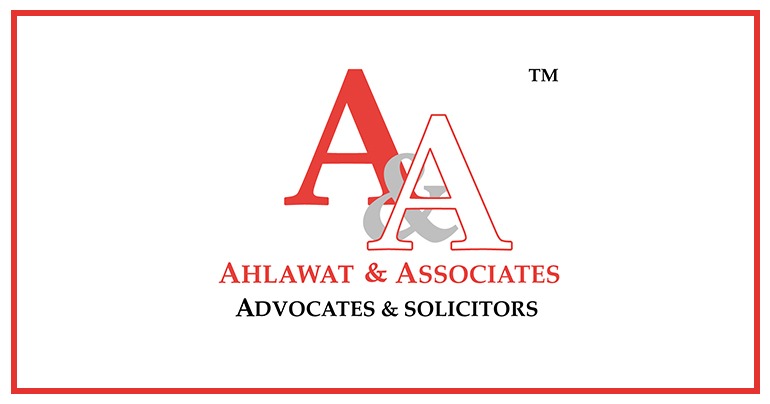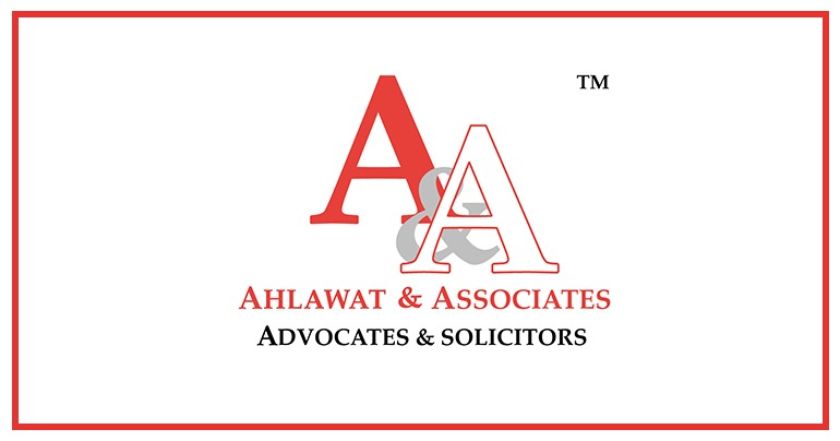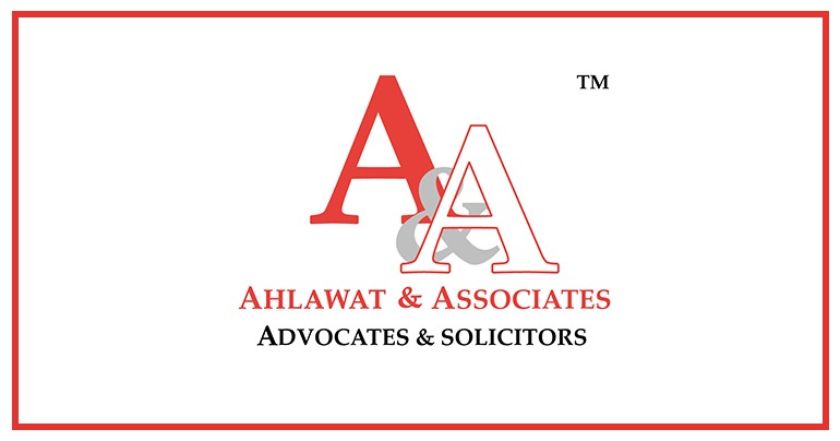
 Ashneet Hanspal
Ashneet Hanspal
 June 23, 2022
June 23, 2022
The Food Safety and Standards Authority of India (“FSSAI”) has recently published the Food Safety and Standards (Vegan Foods) Regulations, 2022 (“Vegan Regulations”) under the Food Safety and Standards Act, 2006 (“FSS Act”) to regulate the manufacture, sale, packing, distribution and import of vegan food items in the country. The new Vegan Regulations have been conceived keeping in consideration the suggestions submitted by stakeholders on the draft Food Safety and Standards (Vegan Foods) Regulations, 2021 (dated September 6, 2021) (“Draft Regulations”), which had been published by the FSSAI for public consultation on September 8, 2021.
The Vegan Regulations constitute an unprecedented legal development in India. While the FSSAI had well established regulations for non-vegetarian and vegetarian food items/products, the ethical and other requirements associated with the vegan diet were not codified, or regulated (until now), or even fully comprehended by Indian consumers and food businesses at large. For instance, prior to the publication of the Vegan Guidelines, FSSAI’s previously published Food Safety and Standards (Labelling and Display) Regulations, 2020 (“Labelling Regulations”), simply distinguished and identified food items as being “non-vegetarian food” (viz. of animal origin) or “vegetarian food” (viz. “…any article of food other than Non Vegetarian Food…”).
The Vegan Regulations (dated June 10, 2022) are applicable to all “food business operators” (“FBOs”) specifically dealing with “vegan food” products with immediate effect from their date of publication (viz. June 17, 2022).
The terms “food business” and “FBOs” are defined under the FSS Act in the following manner.
A food business refers to any “private or public” undertaking which is “carrying out any of the activities related to any stage of manufacture, processing, packaging, storage, transportation, distribution of food, import and includes food services, catering services, sale of food or food ingredients” whether or not for profit.
A FBO refers to a person who owns, or is carrying on, or is otherwise responsible for ensuring compliance of a food business with the FSS Act (and regulations framed thereunder).
Meanwhile, “vegan food” is (broadly) defined under the Vegan Regulations as any “food or food ingredient, including additives, flavourings, enzymes and carriers, or processing aids that are not products of animal origin and in which, at no stage of production and processing, ingredients, including additives, flavourings, enzymes and carriers, or processing aids that are of animal origin has been used”. As per the Vegan Regulations, vegan food further cannot have involved animal testing “for any purpose including safety evaluation” unless prescribed otherwise by a regulatory authority. However, interestingly, neither the FSS Act, nor the Vegan Regulations presently define the term ‘animal’.
The Vegan Regulations have set out various requirements to be complied with as regards vegan food, as detailed below.
Notably, all vegan food, or ingredient used for vegan food, is required to be compliant with the FSS Act (and the rules and regulations framed thereunder, including the Vegan Regulations). Further, all FBOs are required to comply with any further requirements as the FSSAI may specify from time to time. It is pertinent to note that a “traceability” is required to be established by FBOs “up to the manufacturer level” to ensure that requisite compliance with the Vegan Guidelines has been undertaken (concerning a vegan food product).
It is further significant to note that all packaging material for vegan foods – in addition to the specific labelling and display requirements prescribed under the Vegan Regulations – is required to comply with the provisions of packaging regulations issued by the FSSAI, except regulation 5(4)(b) of the Labelling Regulations. For reference, the relevant regulation prescribes use of the ![]() symbol to denote that a food item is vegetarian. Under the Vegan Regulations, it is prescribed that every package of vegan food (upon approval of such vegan food in the manner provided under the Vegan Regulations) should carry the logo specified under the Vegan Regulations (viz.
symbol to denote that a food item is vegetarian. Under the Vegan Regulations, it is prescribed that every package of vegan food (upon approval of such vegan food in the manner provided under the Vegan Regulations) should carry the logo specified under the Vegan Regulations (viz. ![]() ). All persons engaged in sale of vegan food, whether exclusively or “as part of retail merchandise” are relatively required to store and display vegan food “in a manner distinguishable from non-vegan food”.
). All persons engaged in sale of vegan food, whether exclusively or “as part of retail merchandise” are relatively required to store and display vegan food “in a manner distinguishable from non-vegan food”.
The Vegan Guidelines also require FBOs to ensure that “all stages of production, processing and distribution” of vegan food are carried out in conformity with the FSSAI’s Good Manufacturing Practices so as to avoid the “unintended presence of non-vegan substances”. Illustratively, it is provided that if a production line for vegan products is shared with any non-vegan products or ingredients, then before the production of the vegan products commences, a thorough cleaning or “comparable measures” must be undertaken for all “associated machinery, equipment, utensils and surfaces” (in conformity with Good Manufacturing Practices). Similarly, FBOs must undertake appropriate precautions (in conformity with Good Manufacturing Practices) before vegan products “are prepared, produced or packaged”.
Furthermore, the Vegan Regulations set out compliances to be observed as regards vegan food products by FBOs. It is provided that FBOs must submit an application to the concerned licensing authority with “all necessary details” of the relevant vegan food products set out “in a format as may be specified” by the FSSAI. It is further provided that the FSSAI may specify guidelines for the approval of the vegan logo (for vegan food products). Importantly, the Vegan Regulations prohibit the import of any vegan food products except with a certificate issued by a recognized authority of the exporting country, in the format specified by FSSAI.
A perusal of the Vegan Regulations makes it clear that these are intended to complement the extant FSS Act and the rules and regulations framed thereunder, and it is further anticipated that the FSSAI would formulate and release additional guidelines and compliances to complement the same in the near future. It is pertinent to note that while the Vegan Regulations do not separately set out penalties for non-compliance, violation of the Vegan Regulations could attract the penalties stipulated under the FSS Act.

The Ministry of Electronics and Information Technology have notified three Grievance Appellate Committees under the Information
View More
The state of Chhattisgarh has notified the Chhattisgarh Gambling (Prohibition) Act, 2022, replacing the erstwhile statute -
View More
The draft Digital Personal Data Protection Bill, 2022 (“DPDP Bill”) was published for inviting comments from the public and stakeholders
View More















 Cookies Consent
Cookies ConsentWe use cookies to help you navigate efficiently and perform certain functions. You will find detailed information about all cookies under each consent category below. Read more...
 Cookies Consent
Cookies ConsentWe use cookies to help you navigate efficiently and perform certain functions. You will find detailed information about all cookies under each consent category below. Read more...

